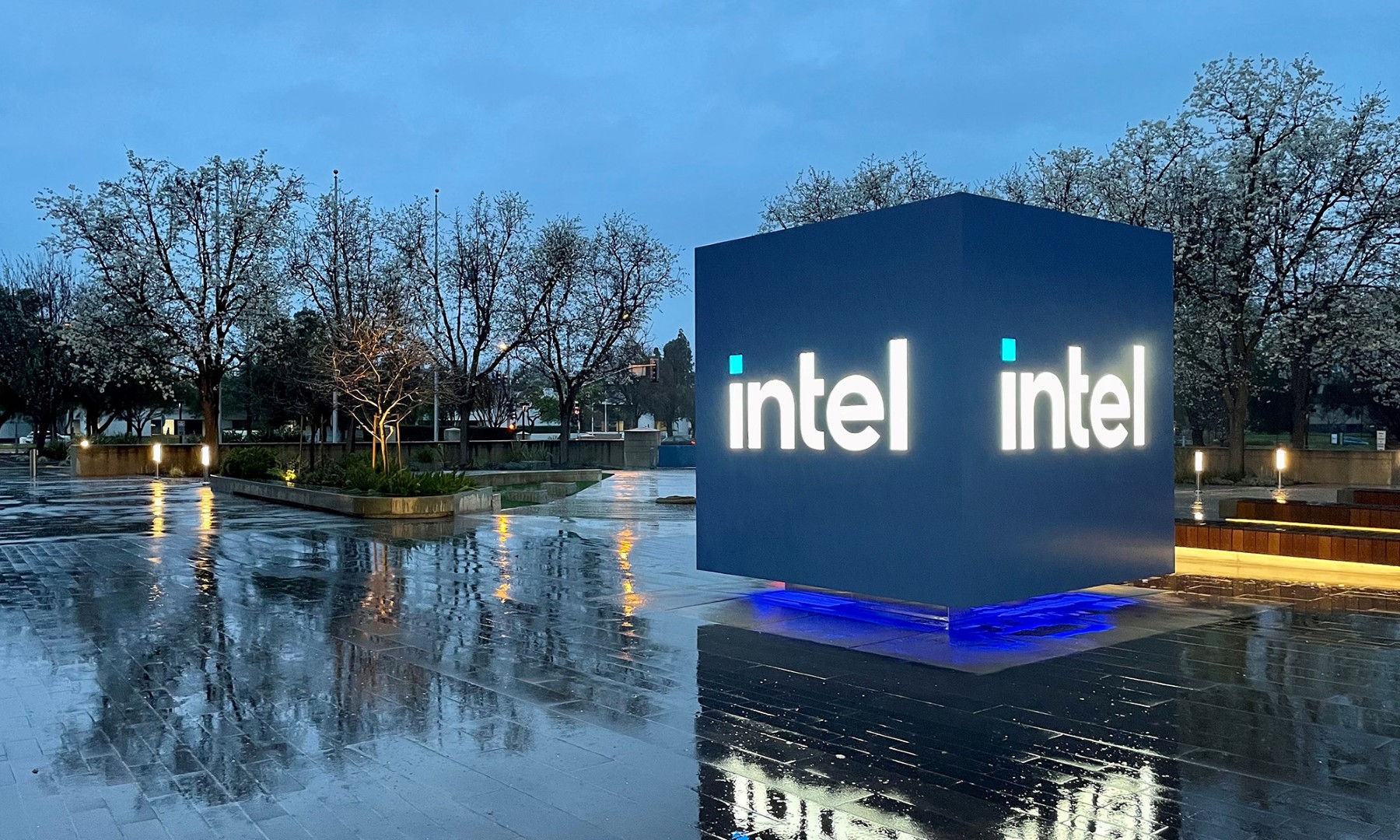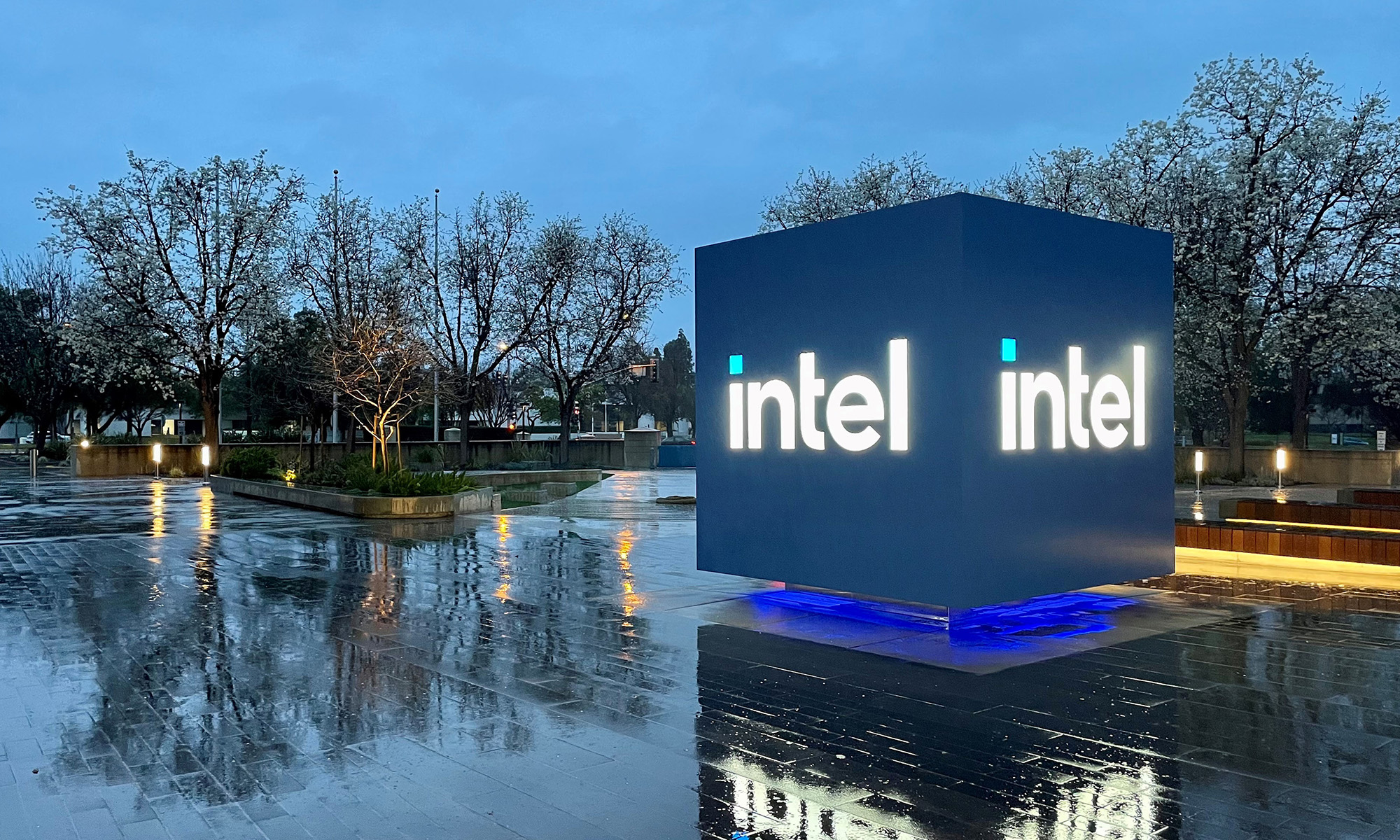In a research report obtained by Barron's, Raymond James' Hans Mosesmann claims that Intel (INTC +10.90%) will, indeed, start selling cellular modems to Apple (AAPL +0.19%) next year. The analyst cites "multiple [Silicon] Valley data points" suggesting that Intel has succeeded in convincing Apple to adopt its upcoming XMM 7360 stand-alone cellular modem.
Mosesmann, citing his colleague Travis McCourt, says that Intel's initial "incursions" into Apple's iPhone supply chain will be in lower-end devices (i.e. successor to the iPhone 5c) in 2016 with the potential to get into the flagship devices in 2017 "at the earliest."
Does this make sense? Let's take a closer look.
XMM 7360 in a lower-cost phone?
The upcoming flagship Apple iPhone 6s/6s Plus models are expected to feature Qualcomm (QCOM 2.25%) MDM9x35 cellular modems. These chips offer theoretical peak download speeds of 300 megabits per second and upload speeds of 50 megabits per second.
The Intel XMM 7360 actually offers maximum theoretical download and upload speeds of 450 megabits per second and 100 megabits per second, respectively, which is actually the kind of capability that I would expect to see in the flagship iPhone 7/7 Plus devices that will likely launch in the fall of 2016.
That said, if Apple plans to launch three new iPhone models in the fall of 2016 (4-inch, 4.7-inch, and 5.5-inch), then I could see Qualcomm winning the 4.7/5.5-inch models exclusively with Intel and Qualcomm splitting the orders for the 4-inch model.
XMM 7460 potentially going for flagship iPhones?
I expect that Intel will formally reveal its next generation stand-alone modem, the XMM 7460, in early 2016 (possibly at the Mobile World Congress event in February). The modem itself will probably begin sampling in late 2015/early 2016 for volume production during the second half of 2016.
In addition to a feature set that should be enough for an iPhone that launches in 2017, Intel will have the advantage of manufacturing this modem on its 14-nanometer manufacturing technology. As I have written about in the past, this should put Intel's offerings on even footing with what Qualcomm will be offering in terms of manufacturing technology, eliminating an advantage that Qualcomm's modems currently have over Intel's.
It's probably too soon to tell whether Intel will actually be able to win some of the orders for a flagship iPhone that's two years out, but I suspect that Intel's mobile group is working feverishly to make "Intel Inside" Apple's iPhones a reality.
What kind of financial impact could we be looking at?
Intel's mobile business is currently in financial hot water; the division is likely generating minimal revenue (in the quarter before Intel folded it in with its PC Client Group, its Mobile and Communications Group generated negative $6 million in revenue).
Part of the bleak revenue picture is due to the fact that Intel has been providing "contra-revenue" subsidies for its Bay Trail tablet processors. However, another major part of it is that Intel's mobile group simply isn't selling much in the way of product in the mobile space.
Winning a spot inside of some of Apple's iPhones with a stand-alone modem won't bring enough revenue to justify Intel's mobile efforts (i.e. bring the business to breakeven or better). However, as I've argued in the past, the iPhone business would be a nice near-to-medium term boost in mobile-related revenue to tide Intel over until it launches products that can successfully penetrate the large market for low-end and mid-range mobile applications processors.








